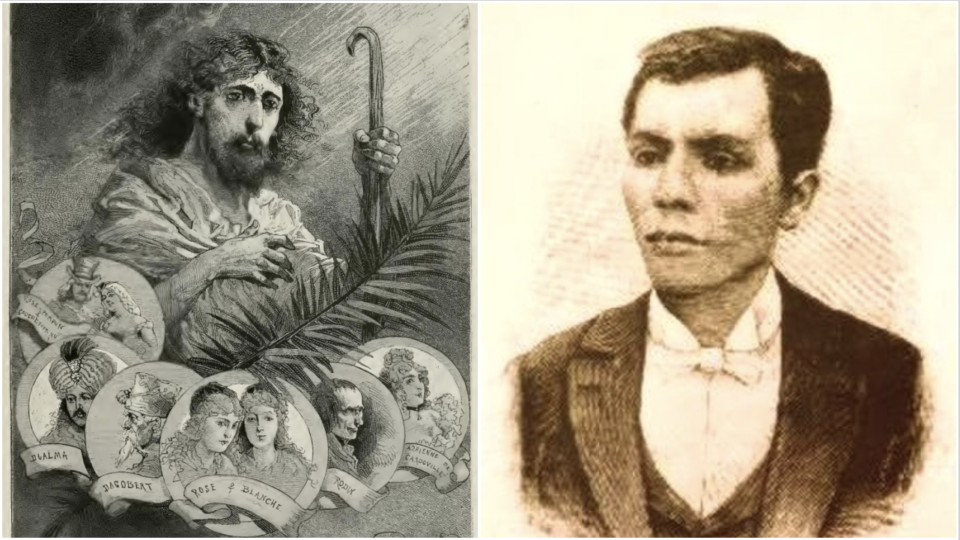Bonifacio Day marks the 158th birth anniversary of Andres Bonifacio, the Katipunan Supremo and one of the country’s greatest heroes.
Over a century since his death, the revolutionary figure continues to be the subject of debate—including whether he should have been named as the national hero instead of Dr. Jose Rizal, as well as his “poor” level of education. Over the years, Bonifacio has been thought to have led the country’s revolution despite being “uneducated” — yet historical records show that he attained the equivalent of grade 8 before dropping out to support his siblings after they were orphaned.
History also shows that Bonifacio was quite the voracious reader, making up for the lack of his formal schooling by absorbing the works of great thinkers and authors here and abroad, from Alexandre Dumas and Victor Hugo, to our own Rizal.
Accounts show that his employer, Doña Elvira Prysler, saw Bonifacio with a book in hand every lunch time.
This Bonifacio Day, honor the valiant hero by adding some of the books he read in his lifetime to your reading list.
“The Wandering Jew” by Eugene Sue
Written in 1845, Eugene Sue’s “The Wandering Jew”, originally serialized in newspapers, became a blockbuster hit in Paris due to its sensational nature, but also attracted controversy at the time due to its anti-Catholic sentiments. Of the author, the Guternberg Project writes, “Time and again physicians and seamen have made noteworthy reputations as novelists. But it is rare in the annals of literature that a man trained in both professions should have gained his greatest fame as a writer of novels…When he published “The Mysteries of Paris”, his national fame was assured, and with the writing of “The Wandering Jew” he achieved worldwide renown.”
Read The Wandering Jew here.
“The Ruins: Meditations on the Revolution of the Empire” by C.F. Volney
First published in 1791, the essay by historian and philosopher C.F. Volney provides a glimpse of the historical concerns of intellectuals at the beginning of the French Revolution, particularly on their society’s future at the height of emerging modernity. The essay was widely acclaimed at the time and was even translated in English by US President Thomas Jefferson.
Read The Ruins: Meditations on the Revolution of the Empire here.
“The French Revolution: A History” by Thomas Carlyle
Scottish historian Thomas Carlyle wrote The French Revolution: A History as a three-volume work that was published in 1837, which chronicled the French Revolution from 1789 to the height of the Reign of Terror until its conclusion in 1795.
Read The French Revolution: A History here.
“Lives of the Presidents of the United States” by John S.C. Abbott
Bonifacio was also said to have read the biography of the presidents of the United States, written by the American historian John Stevens Cabot Abbott in 1876.
Read Lives of the Presidents of the United States here.




